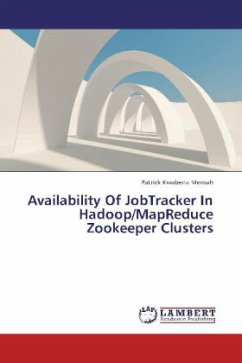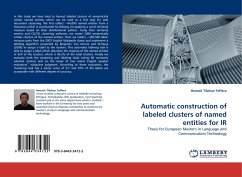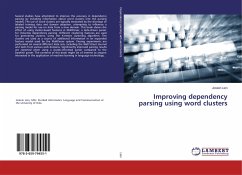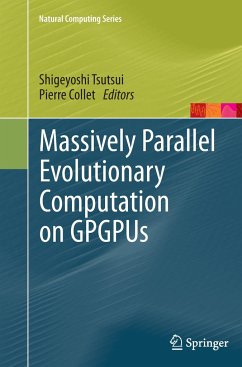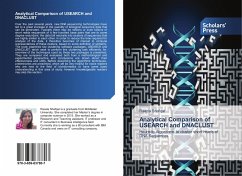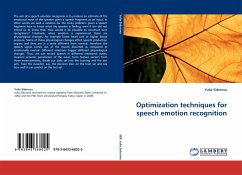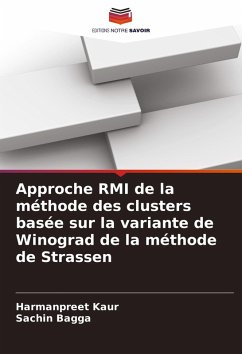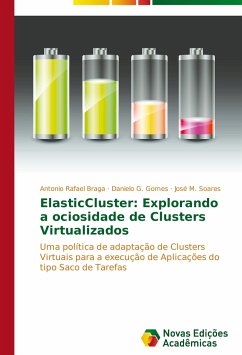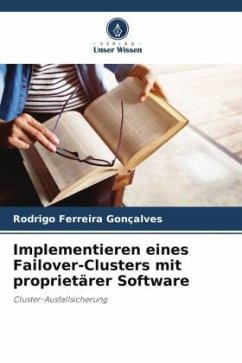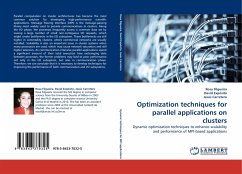
Optimization techniques for parallel applications on clusters
Dynamic optimization techniques to enhance scalability and performance of MPI-based applications
Versandkostenfrei!
Versandfertig in 6-10 Tagen
39,99 €
inkl. MwSt.

PAYBACK Punkte
20 °P sammeln!
Parallel computation on cluster architectures has become the most common solution for developing high-performance scientific applications. Message Passing Interface (MPI) is the message-passing library most widely used to provide communications in clusters. Along the I/O phase, the processes frequently access a common data set by issuing a large number of small non-contiguous I/O requests, which might create bottlenecks in the I/O subsystem. These bottlenecks are still higher in commodity clusters, where commercial networks are usually installed. Scalability is also an important issue in clust...
Parallel computation on cluster architectures has become the most common solution for developing high-performance scientific applications. Message Passing Interface (MPI) is the message-passing library most widely used to provide communications in clusters. Along the I/O phase, the processes frequently access a common data set by issuing a large number of small non-contiguous I/O requests, which might create bottlenecks in the I/O subsystem. These bottlenecks are still higher in commodity clusters, where commercial networks are usually installed. Scalability is also an important issue in cluster systems when many processors are used, which may cause network saturation and still higher latencies. As communication-intensive parallel applications spend a significant amount of their total execution time exchanging data between processes, the former problems may lead to poor performance not only in the I/O subsystem, but also in communication phase. Therefore, we can conclude that it is necessary to develop techniques for improving the performance of both communication and I/O subsystems.



